Understanding Personality Tests: What They Are and How Employers Use Them
In today’s workplace, the value of self-awareness and emotional intelligence is rising—and personality tests are playing a growing role in both personal and professional development. Rooted in psychology, these assessments offer insight into how individuals think, behave, and relate to others. Employers increasingly use them to evaluate job candidates, foster team dynamics, and guide career growth.
Here’s a closer look at eight widely used personality tests and how they can influence hiring decisions and workplace success.
What Is a Personality Test?
Personality tests are psychological tools used to assess behavioral traits and tendencies. These evaluations help individuals better understand themselves and can also be used by employers to match candidates to roles that align with their strengths and work styles.
The origins of personality testing date back to post-World War I, when the U.S. Army used the Woodworth Personal Data Sheet to assess soldiers’ mental health. Since then, the field has evolved to include a wide range of assessments—some measuring emotional intelligence, others predicting job performance or team fit.
8 Common Personality Tests Used by Employers
- Myers-Briggs Type Indicator (MBTI)
One of the most popular tools, the MBTI assigns individuals to one of 16 personality types based on preferences in four areas: extraversion/introversion, sensing/intuition, thinking/feeling, and judging/perceiving. While widely used, it’s more descriptive than predictive. - Caliper Profile
This test measures how traits relate to job performance. Employers use it to gauge potential strengths and risks in candidates. It includes various question formats—like true/false and multiple choice—and is often customized for specific roles. - 16 Personality Factor Questionnaire (16PF)
Developed in 1949, the 16PF assesses traits such as emotional stability, dominance, and openness to change. It’s widely used for career planning and employee development. - SHL Occupational Personality Questionnaire (OPQ32)
Used to assess workplace behavior, this test evaluates 32 personality traits across three domains: emotions, thinking style, and interpersonal relationships. Employers receive detailed reports and visual summaries to compare candidates. - HEXACO Personality Inventory-Revised
This model expands the traditional five-factor model with a sixth dimension: honesty/humility. It provides a more nuanced view of personality across areas like conscientiousness, emotional stability, and openness to experience. - Revised NEO Personality Inventory (NEO PI-R)
Focused on the Big Five traits—neuroticism, openness, agreeableness, conscientiousness, and extraversion—this tool breaks each trait into subcategories and is often used in employment screenings. - Eysenck Personality Inventory
Measuring extraversion, neuroticism, and a “lie scale” (to detect overly idealized answers), this assessment offers a quick snapshot of personality through either a full or shortened questionnaire. - DISC Personality Test
Based on four behavioral traits—Dominance, Influence, Steadiness, and Compliance—this tool categorizes users into 12 personality types. It’s often used in leadership coaching and team-building contexts.
Why Employers Use Personality Tests
Personality assessments help hiring teams identify traits that align with specific job roles and company culture. They’re used to:
- Gauge interpersonal fit: Understanding how a person communicates and collaborates can reduce turnover and improve team dynamics.
- Support career planning: Tests can reveal strengths that guide promotions or professional development.
- Anticipate challenges: Insight into traits like impulsivity or perfectionism can help managers provide the right support.
How to Approach a Personality Test
If you’re taking a personality test as part of a job application, honesty is key. Aim for authentic responses rather than trying to “game” the test. Most tools are designed to identify inconsistencies or overly idealized answers.
Also, remember that these tests aren’t definitive—they offer one perspective on your personality, influenced by your current mood, environment, and mindset. When used alongside other assessments and interviews, they can contribute valuable insights.
Do Personality Tests Predict Job Performance?
While personality tests can reveal traits that influence behavior at work, research suggests they’re not always reliable predictors of job performance. Cognitive ability tests may be more accurate for assessing skills, but personality assessments remain useful tools for gauging fit and supporting personal growth.
Final Thoughts
Whether you’re exploring new career paths, preparing for interviews, or simply learning more about yourself, personality tests can be powerful tools. Used thoughtfully, they help individuals align their strengths with their goals—and help employers build stronger, more cohesive teams.
